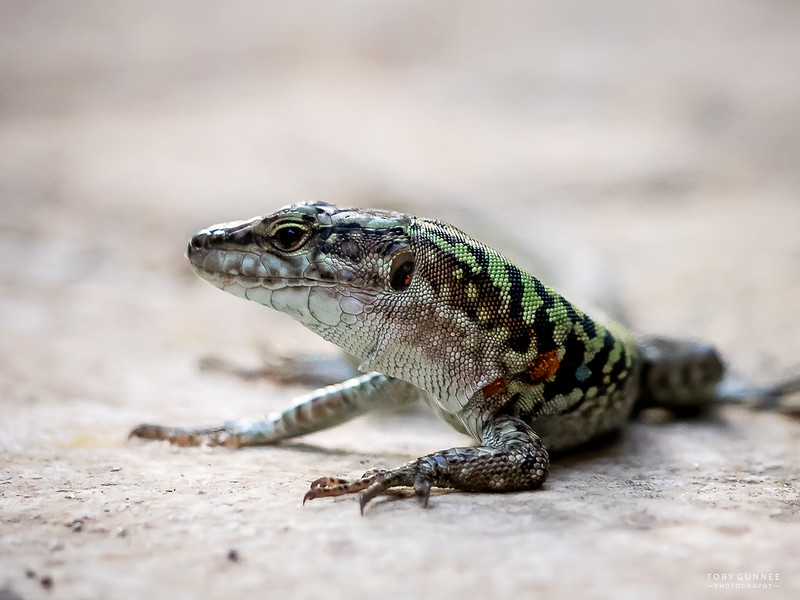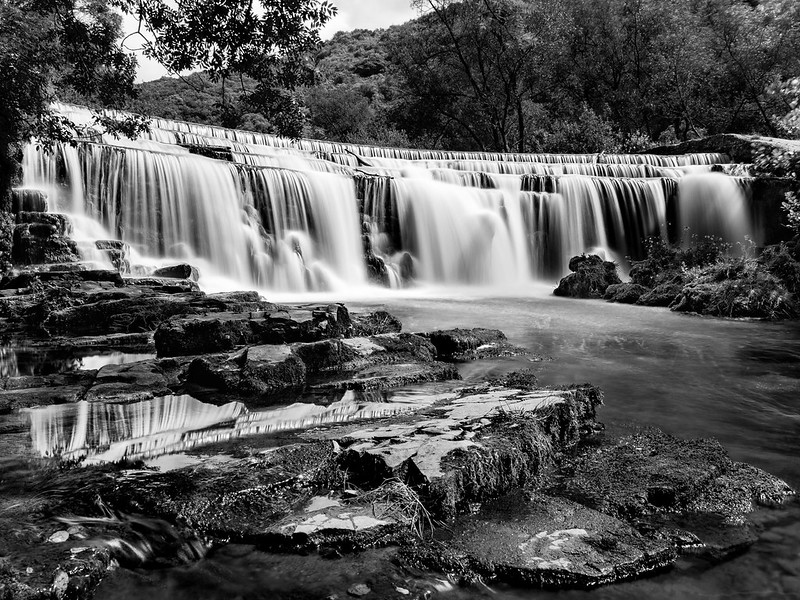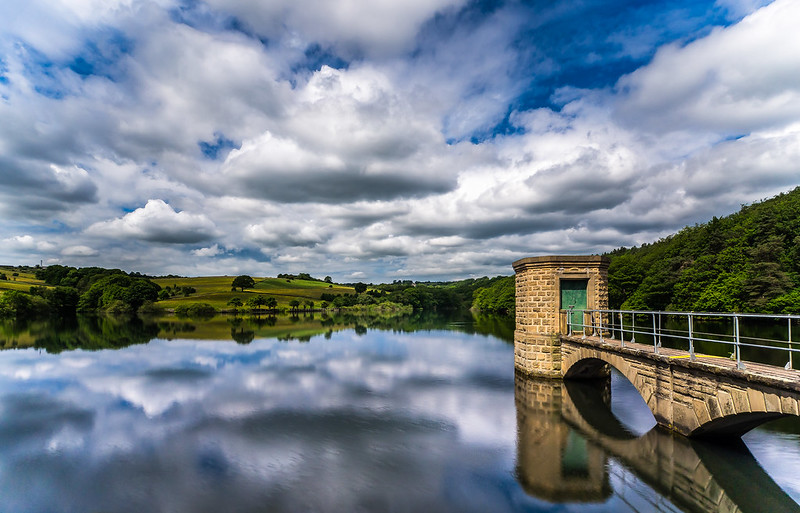- Messages
- 110
- Name
- Charlotte
- Edit My Images
- No
Hi everyone
First of all I really apologise if this has already been covered in other posts but I was really reluctant to hijack someone else's thread for my own requirements!
I currently use an iphone for taking everyday photos ( shocking I know) and I have been back and forth about buying a DSLR camera for about a year now but I am just totally overwhelmed. I want to take some really great landscape shots as we do lots of hiking, but I also want to use my camera for interior shots for interior design purposes and relatively close-up shots of portfolio work. I was set on a Nikon D3400 and then adding lenses as I go but the more I research the more options available. I also have and use Photoshop for other purposes and would be quite happy teaching myself more in terms of editing photos.
My main questions are:
- should I upgrade to a weather proof camera such as a Pentax K70 - is this super useful or just another unnecessary expense?
- I know I will most likely get a standard lens such as a 18-55 or a 18-105, which other lenses will I most likely need and quickly for landscape photography ,wide-angle, telephoto?
- Should I scrap the DSLR camera option altogether and buy a mirrorless smaller interchangeable lens camera which may be lighter and cheaper to get me started, any suggestions? also are there weatherproof versions of these smaller cameras?
I would really like to get started for £500 but can stretch to £1000 if I think I will get the use out of the equipment. I'd appreciate any help you can offer!
Thanks very much in advance
Kind regards
Charlotte
First of all I really apologise if this has already been covered in other posts but I was really reluctant to hijack someone else's thread for my own requirements!
I currently use an iphone for taking everyday photos ( shocking I know) and I have been back and forth about buying a DSLR camera for about a year now but I am just totally overwhelmed. I want to take some really great landscape shots as we do lots of hiking, but I also want to use my camera for interior shots for interior design purposes and relatively close-up shots of portfolio work. I was set on a Nikon D3400 and then adding lenses as I go but the more I research the more options available. I also have and use Photoshop for other purposes and would be quite happy teaching myself more in terms of editing photos.
My main questions are:
- should I upgrade to a weather proof camera such as a Pentax K70 - is this super useful or just another unnecessary expense?
- I know I will most likely get a standard lens such as a 18-55 or a 18-105, which other lenses will I most likely need and quickly for landscape photography ,wide-angle, telephoto?
- Should I scrap the DSLR camera option altogether and buy a mirrorless smaller interchangeable lens camera which may be lighter and cheaper to get me started, any suggestions? also are there weatherproof versions of these smaller cameras?
I would really like to get started for £500 but can stretch to £1000 if I think I will get the use out of the equipment. I'd appreciate any help you can offer!
Thanks very much in advance
Kind regards
Charlotte








